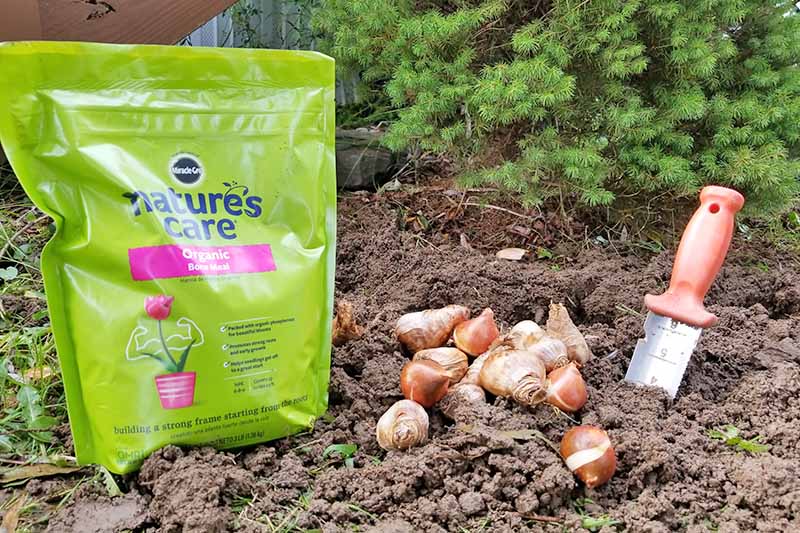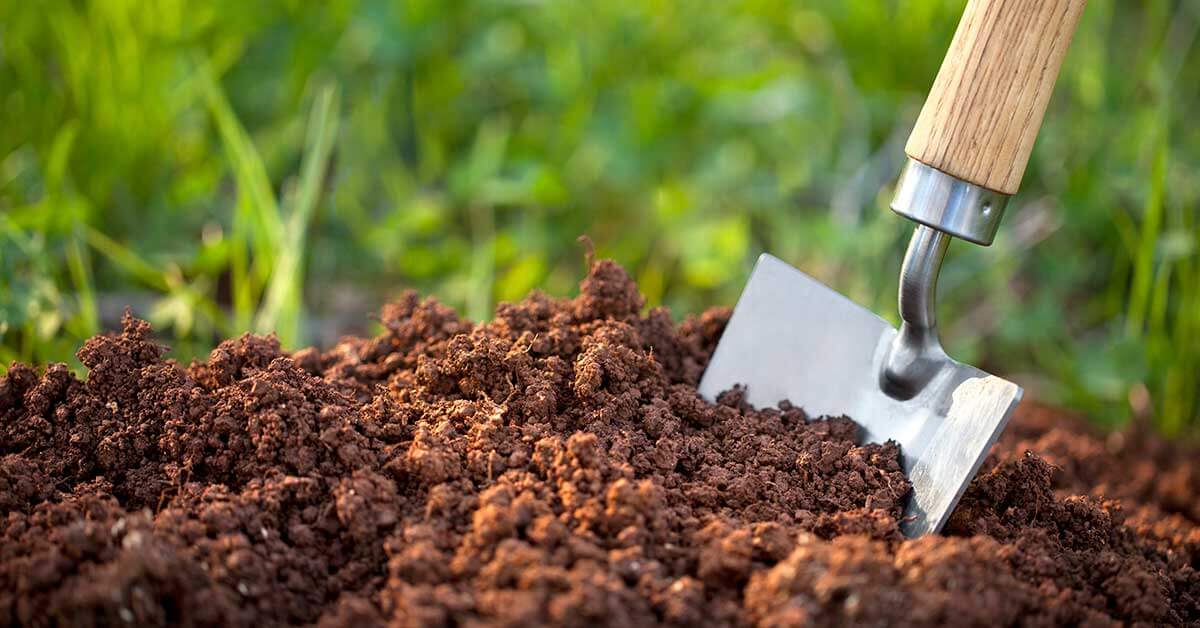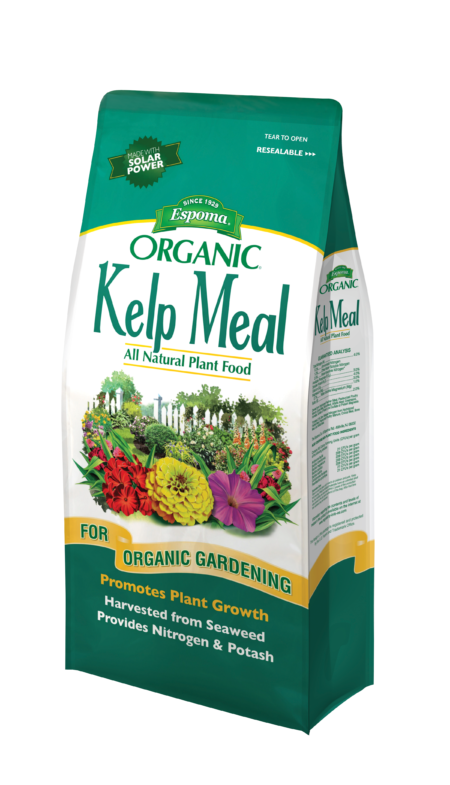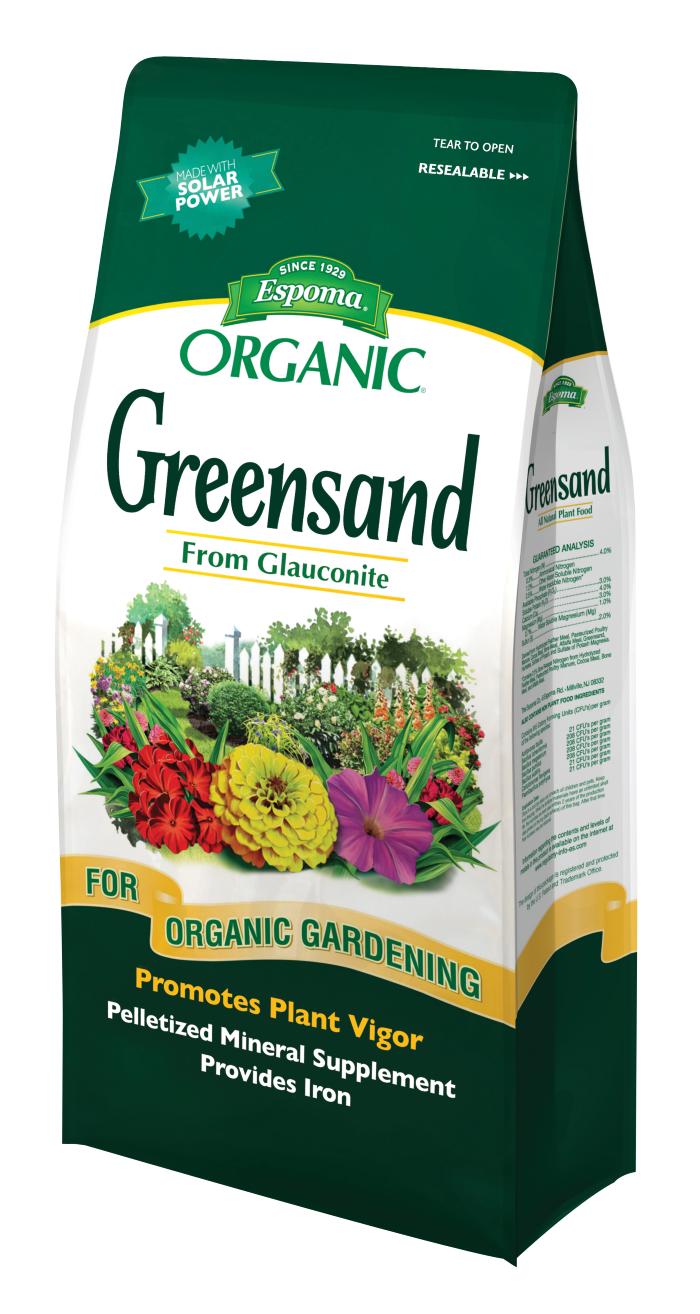Organic Soil Fertilizer: The Ultimate Guide To Using Natural Nutrients To Grow Healthy Plants
Organic Soil Fertilizer: The Ultimate Guide to Using Natural Nutrients to Grow Healthy Plants
Plants need nutrients to grow and thrive. These nutrients can come from organic or inorganic sources. Organic fertilizers are made from natural materials, such as animal manure, compost, and plant byproducts. They are a sustainable and environmentally friendly way to feed your plants.
In this blog post, we will discuss the benefits of using organic soil fertilizer, as well as some of the most popular types of organic fertilizers available. We will also provide tips on how to use organic fertilizer effectively.
Benefits of Using Organic Soil Fertilizer
There are many benefits to using organic soil fertilizer. Some of the most important benefits include:
- Improves soil health: Organic fertilizer helps to improve the quality of your soil by adding organic matter. This organic matter helps to improve the drainage and aeration of your soil, as well as the water retention capacity. Healthy soil is better able to support the growth of healthy plants.
- Provides essential nutrients: Organic fertilizer provides plants with the essential nutrients they need to grow and thrive. These nutrients include nitrogen, phosphorus, potassium, and other trace minerals.
- Builds soil structure: Organic fertilizer helps to build the structure of your soil by creating a network of beneficial microorganisms. These microorganisms help to break down organic matter and release nutrients to plants.
- Promotes plant growth: Organic fertilizer promotes the growth of healthy plants by providing them with the nutrients they need. Plants that are fed with organic fertilizer are often stronger, healthier, and more resistant to pests and diseases.
- Is sustainable and environmentally friendly: Organic fertilizer is a sustainable and environmentally friendly way to feed your plants. It is made from natural materials that do not pollute the environment.
Types of Organic Fertilizer
There are many different types of organic fertilizer available. Some of the most popular types include:
- Compost: Compost is made from the decomposition of organic materials, such as food scraps, yard waste, and manure. It is a rich source of nutrients and beneficial microorganisms.
- Manure: Manure is a natural fertilizer that is made from the excrement of animals, such as cows, chickens, and horses. It is a good source of nitrogen, phosphorus, and potassium.
- Blood meal: Blood meal is a high-nitrogen fertilizer that is made from the dried blood of animals. It is a good choice for plants that need a boost of nitrogen, such as leafy greens and vegetables.
- Bone meal: Bone meal is a high-phosphorus fertilizer that is made from the ground bones of animals. It is a good choice for plants that need a boost of phosphorus, such as flowering plants and fruit trees.
- Kelp meal: Kelp meal is a good source of micronutrients, such as iodine, iron, and magnesium. It is a good choice for plants that need a boost of these nutrients, such as roses and rhododendrons.
How to Use Organic Fertilizer
The best way to use organic fertilizer depends on the type of fertilizer you are using and the type of plants you are growing. However, there are some general tips that you can follow:
- Read the label: Before you use any organic fertilizer, be sure to read the label carefully. This will tell you how much fertilizer to use and how often to apply it.
- Test your soil: If you are not sure what type of fertilizer your plants need, it is a good idea to test your soil. This will tell you the nutrient levels in your soil and help you to determine the type and amount of fertilizer you need to use.
- Apply the fertilizer evenly: When you apply organic fertilizer, be sure to spread it evenly over the soil. This will help to ensure that all of your plants receive the nutrients they need.
- Water the fertilizer in: After you apply organic fertilizer, be sure to water it in thoroughly. This will help the fertilizer to dissolve and release the nutrients into the soil.
Conclusion
Organic soil fertilizer is a sustainable and environmentally friendly way to feed your plants. It provides plants with the essential nutrients they need to grow and thrive, and it helps to improve the quality of your soil. If you are looking for a natural and healthy way to fertilize your plants, organic soil fertilizer is the way to go.
Are you looking for a way to improve the health of your soil and the plants that grow in it? If so, you may want to consider using organic soil fertilizer. Organic fertilizers are made from natural materials, such as compost, manure, and plant waste. They are a great way to improve the nutrient content of your soil, as well as its water-holding capacity and drainage.
If you are interested in learning more about organic soil fertilizer, please visit Home Gardening. Our website has a wealth of information on the topic, including:
- The benefits of using organic fertilizer
- How to choose the right organic fertilizer for your needs
- How to apply organic fertilizer to your soil
We also offer a variety of organic fertilizer products that are perfect for a variety of gardening applications. Whether you are a beginner gardener or a seasoned pro, we have the organic fertilizer that you need to grow healthy, beautiful plants.
FAQ of organic soil fertilizer
- What is organic soil fertilizer?
Organic soil fertilizer is a type of fertilizer that is made from natural materials, such as manure, compost, and plant waste. It is a sustainable and environmentally friendly alternative to synthetic fertilizers. Organic fertilizers help to improve soil health by increasing the amount of organic matter in the soil. This can lead to better drainage, water retention, and nutrient availability for plants.
- How does organic soil fertilizer work?
Organic soil fertilizer works by providing plants with the nutrients they need to grow and thrive. The nutrients in organic fertilizer are released slowly over time, which helps to prevent nutrient burn. Organic fertilizer also helps to improve soil structure and drainage, which can lead to healthier and more productive plants.
- What are the benefits of using organic soil fertilizer?
There are many benefits to using organic soil fertilizer, including:
* It is better for the environment. Organic fertilizers are made from natural materials, so they do not release harmful chemicals into the soil or water.
* It is better for plant health. Organic fertilizers help to improve soil health, which can lead to healthier and more productive plants.
* It is more sustainable. Organic fertilizers are renewable resources, so they can be used year after year without depleting the soil.
* It is more affordable. Organic fertilizers can be less expensive than synthetic fertilizers, especially in the long run.
- How do I choose the right organic soil fertilizer?
When choosing an organic soil fertilizer, there are a few things to keep in mind:
* The type of plants you are growing. Different plants have different nutrient needs, so you need to choose a fertilizer that is specifically formulated for the type of plants you are growing.
* The condition of your soil. If your soil is already rich in organic matter, you may not need to use a high-nitrogen fertilizer.
* Your budget. Organic fertilizers can range in price from very affordable to quite expensive. Choose a fertilizer that fits your budget and your needs.
- How do I apply organic soil fertilizer?
The best way to apply organic soil fertilizer will vary depending on the type of fertilizer you are using. Some fertilizers can be spread evenly over the soil surface, while others need to be worked into the soil. Be sure to follow the instructions on the fertilizer label carefully.
- How often should I use organic soil fertilizer?
The frequency of application will depend on the type of fertilizer you are using and the needs of your plants. In general, you should apply organic fertilizer once or twice a year.
- Are there any risks associated with using organic soil fertilizer?
There are very few risks associated with using organic soil fertilizer. However, some organic fertilizers can contain harmful bacteria, so it is important to follow the instructions on the label carefully.
- Where can I buy organic soil fertilizer?
Organic soil fertilizer is available at most garden centers and home improvement stores. You can also find it online.
Image of organic soil fertilizer
10 different images of organic soil fertilizer that are free to use:
- Compost is a mixture of decomposed organic matter, such as food scraps, yard waste, and manure. It is a rich source of nutrients for plants and can help improve soil structure and drainage.

- Manure is another excellent source of organic fertilizer. It is high in nitrogen, phosphorus, and potassium, which are essential nutrients for plant growth.

- Blood meal is a type of animal byproduct that is high in nitrogen. It is a good choice for plants that need a boost of nitrogen, such as leafy greens and vegetables.

- Bone meal is another type of animal byproduct that is high in phosphorus. It is a good choice for plants that need a boost of phosphorus, such as flowering plants and fruits.

- Fish emulsion is a liquid fertilizer made from fish. It is a good source of nitrogen, phosphorus, and potassium, and it also contains beneficial microorganisms that can help improve soil health.

- Kelp meal is a type of seaweed that is high in nutrients, including potassium, magnesium, and iodine. It is a good choice for plants that need a boost of these nutrients, such as flowering plants and vegetables.

- Alfalfa meal is a type of legume that is high in nitrogen and calcium. It is a good choice for plants that need a boost of these nutrients, such as leafy greens and vegetables.

- Greensand is a type of mineral that is high in potassium and trace minerals. It is a good choice for plants that need a boost of potassium, such as tomatoes and potatoes.

- Wood ash is a type of ash that is high in potassium and calcium. It is a good choice for plants that need a boost of these nutrients, such as roses and evergreens.
- Coffee grounds are a great way to add organic matter to your soil. They are also high in nitrogen and other nutrients that can benefit your plants.

Post a Comment for "Organic Soil Fertilizer: The Ultimate Guide To Using Natural Nutrients To Grow Healthy Plants"